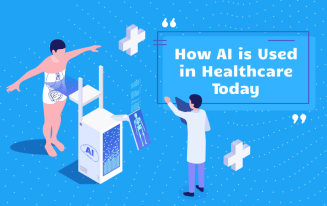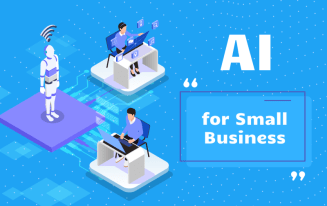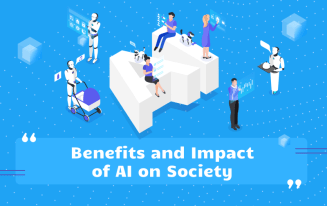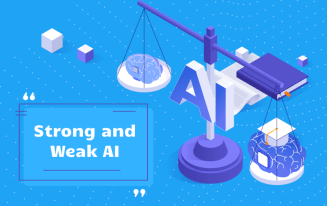AI in Healthcare and Medicine
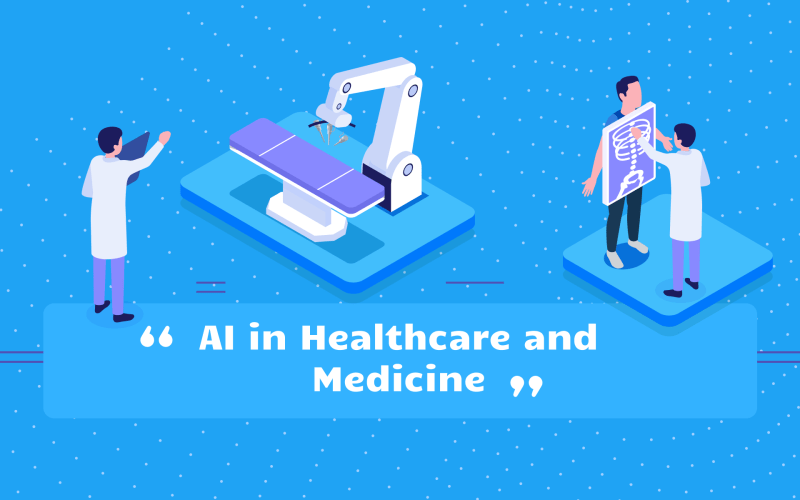
Although AI is finding its way into many different industries across the globe, it’s rapidly expanding in the field of healthcare and medicine. AI in healthcare is an interesting topic as it can lead to life-changing developments in the way we manage our health. With numerous applications across various sectors of healthcare, AI is already at work in diagnosis, patient engagement, treatment, and much more. The technology may be making strides in this regard, but it’s barely getting started compared to where it’s headed. Healthcare AI can span from general to much more specialized tools based on the needs of the task in question. For a comprehensive overview of the topic, keep reading through this article for more information on artificial intelligence's current and future state in healthcare.

Employ the full range of AI advantages with AImReply and express your thoughts faultlessly in every email.
Table of Content
Many experts are pondering where its focus should be next among existing applications in healthcare artificial intelligence. There are many operations in healthcare that can be automated, but when it comes to more complex jobs, implementation is rather limited.
Of course, this is bound to change for the better moving forward, but it’ll simply take some time. The rapid growth of healthcare artificial intelligence also drums up ethical concerns, as it can affect people’s jobs, relationships with patients, ROI, and more.
As with any evolving technology, you're guaranteed to encounter pros and cons that society has to weigh as a whole. Some aspects of artificial intelligence are inevitable at this point. Regarding healthcare, people want to see progress, but they also want to ensure the technology doesn't cross any lines. Nevertheless, we're here to focus on the positives, as there is a long list of benefits behind artificial intelligence for healthcare.
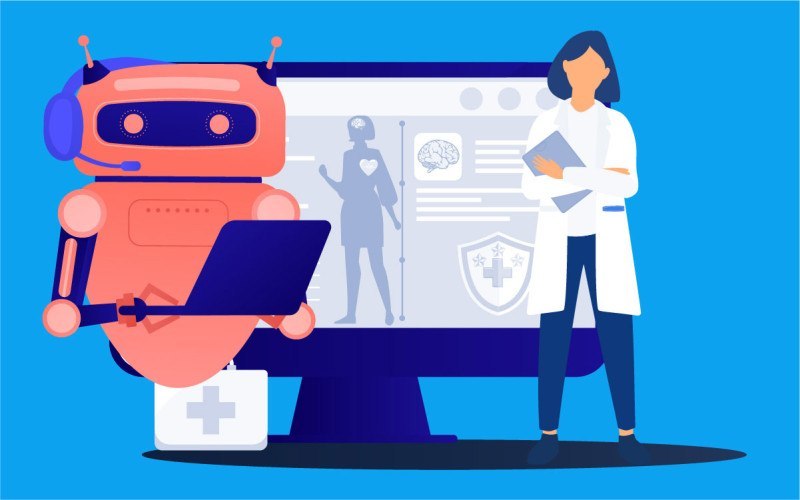
Artificial Intelligence Healthcare Applications
The whole of artificial intelligence considers a variety of technologies that work together. Each of these technologies plays a unique role, each of which offers something that can benefit many internal processes in the healthcare industry.
It’s important to note that some AI technologies in healthcare are further along than others, and we’re currently in an era of testing what works best. Overall, there’s a versatility that AI brings to the table that will inevitably take the abilities of the healthcare industry to new heights. In the following sections, you’ll get a brief look at the types of AI healthcare solutions that are the most relevant at this time.
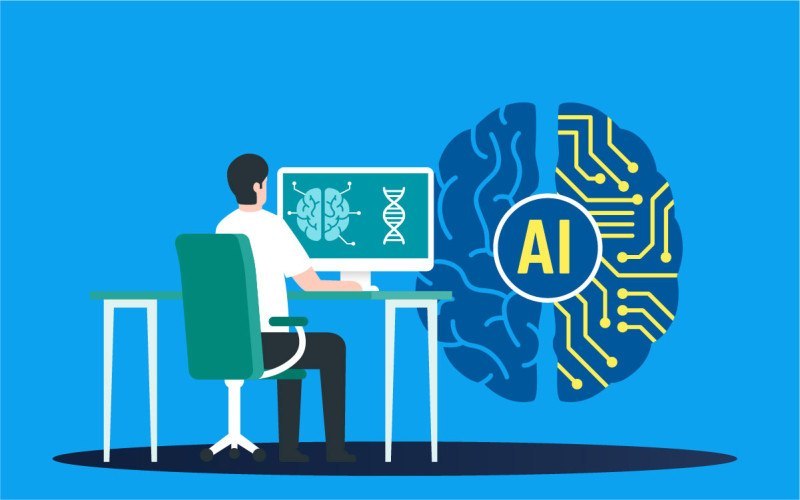
Machine learning, deep learning, and neural networks
From the jump, you can’t integrate artificial intelligence into healthcare without the help of machine learning. With the ability to learn through data training, machine learning can improve over time, which is something the healthcare industry can benefit from.
In regard to healthcare, machine learning is generally applied in precision medicine. This helps to predict the success rate of treatments while including the context and attributes of each patient. Neural networks are currently used for disease prediction, and deep learning focuses on models hosting multi-level features for more complex tasks. For example, deep learning is used in areas like radiology for cancer detection.
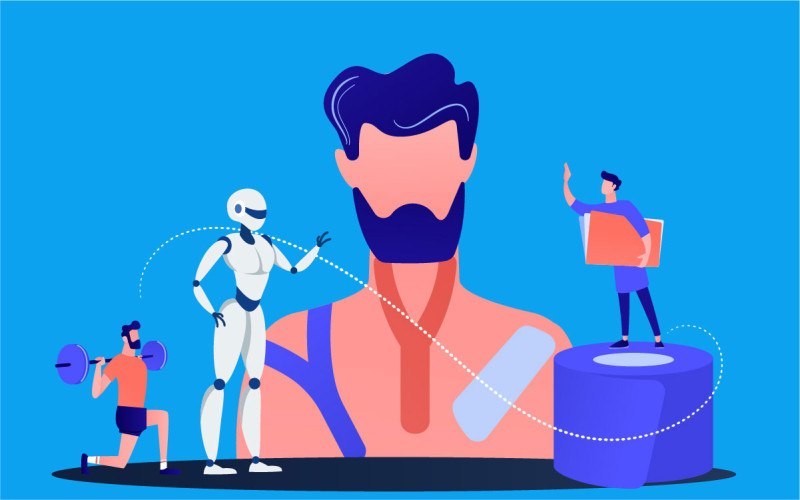
Robotic process automation (RPA)
This technology handles digital administrative tasks with ease. By following a script or set of rules, RPA is known to be easy to program and a cost-effective solution. Although the technology has been around for quite some time, it has recently seen enhancements with the help of AI.
Common tasks RPA can handle include:
- Updating patient records
- Managing billing
- Prior authorization tasks
Each of these can be streamlined by integrating artificial intelligence in healthcare. When the technology is combined with image recognition capabilities, RPA can extract the data and then put it into transactional systems all on its own.
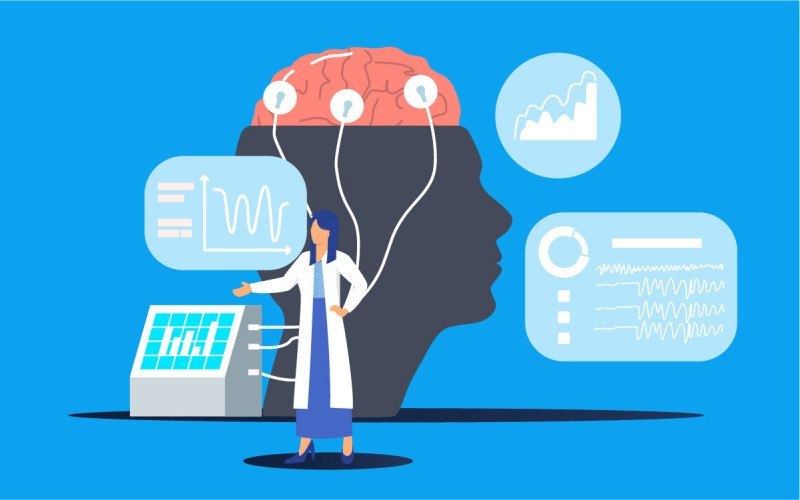
Patient engagement
One of the main ways healthcare professionals will be able to deliver better outcomes is through improved patient engagement. This is a task that’s easier said than done, as it can be challenging to stay up to date with every patient’s health.
With the ability to personalize and contextualize engagement, AI can handle many of the challenges stemming from patient engagement. From chatbot services to leveraging data for better-tailored healthcare recommendations, AI will inevitably improve patient engagement. This is just another example of how AI can make substantial improvements with minimal implementation.
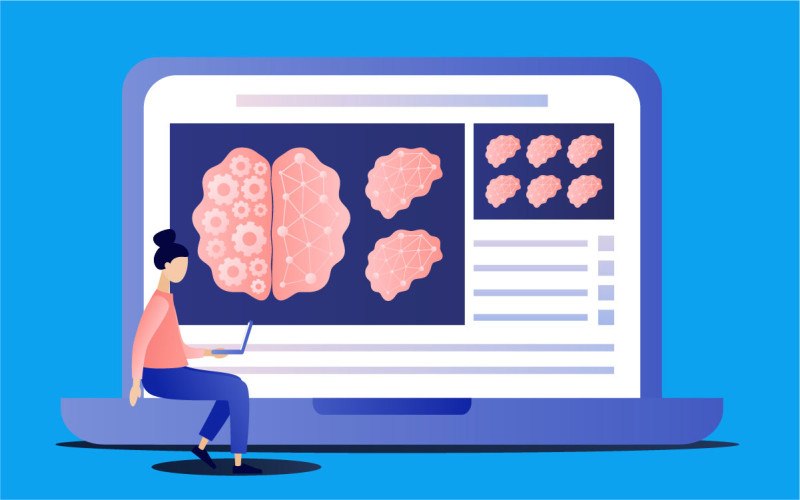
Diagnosis and treatment
For many years, diagnosis and treatment have benefited from technology. However, these capabilities are limited compared to what AI is able to bring to the table. AI can help deliver more accurate diagnosis and treatment through machine learning-based data analysis and probability-based medicine.
Taking information from genetic profiles is a big part of developing effective treatment plans. By integrating AI, healthcare professionals can automate this task with pristine accuracy. New AI healthcare applications are actively being explored, as there are plenty of integration challenges to work through along the way.
Considering the rapid expansion of AI, there are a few implications that experts need to keep in mind. The integration of AI in healthcare won’t come without some downsides, and many professionals are actively working through solutions for them.
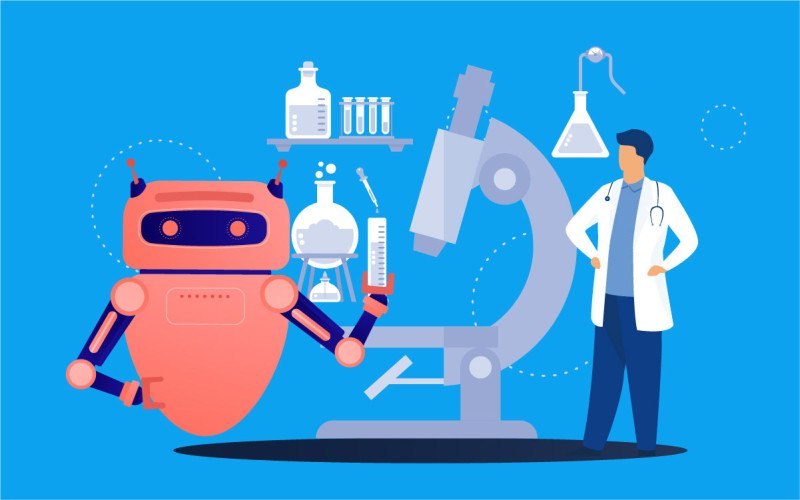
What are the Potential Implications?
One of the primary concerns surrounding artificial intelligence in healthcare pertains to job loss. Jobs in the industry that deal with digital information could be at risk. Some job titles in this category include radiologists and pathologists, to name a few.
Although there are plenty of use cases for AI in healthcare, their actual implementation isn't feasible across the board at this time. This is inevitable to some degree regarding job loss, but AI will also create many new jobs in the healthcare sector.
There are also ethical concerns about AI in healthcare:
- Issues with transparency
- Accountability
- Permission and access
- Personal privacy
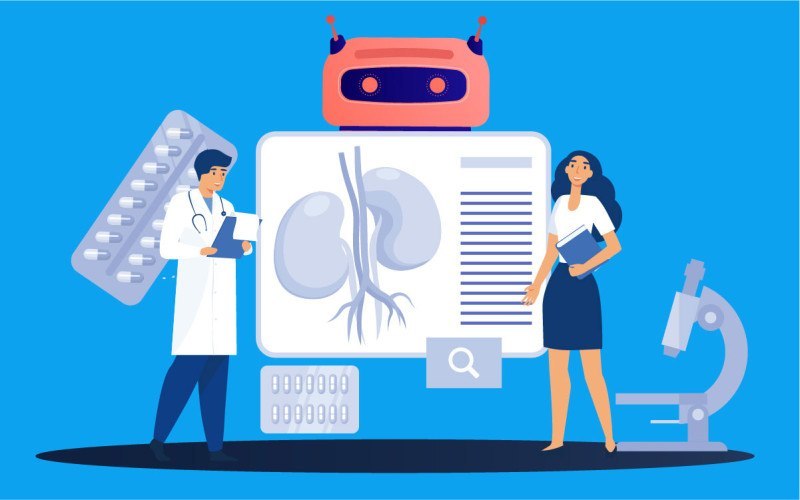
Most people would agree that these are viable concerns when it comes to AI. This is why security measures are being set in place, as AI can’t run unchecked, especially when it comes to healthcare.
It’s understood that these integrations need to be made, but there are many challenges in the way of making them a reality. Being able to integrate accountability for AI mistakes in healthcare won’t be an easy feat. On top of that, you can expect that detecting mistakes won’t always be 100% accurate either.
Even if we can't expect AI to be perfect all the time, we need to truly understand its capabilities and limitations in real-world scenarios. Nevertheless, artificial intelligence for healthcare solutions is on the rise from simple to more complex tasks. Whether it's making patient treatments more effective or handling repetitive clerical tasks, AI’s capabilities are vast.
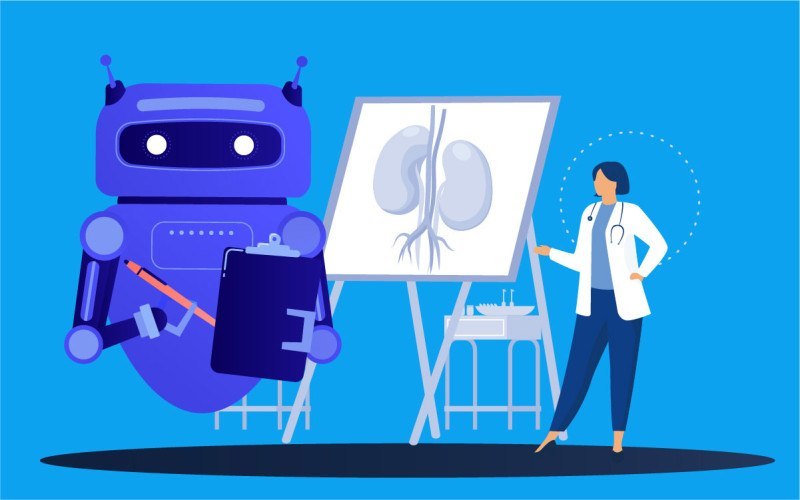
The Bottom Line
Overall, people working in the healthcare industry are happy to put AI to use. This isn’t true for every circumstance, but the technology is proving to be beneficial in more ways than one. The simplest tasks can take up hours out of the workday, and the last thing a doctor or nurse needs to worry about is checking emails.
To this end, it's essential to consider how AI can enhance communication within healthcare settings. Writing an introduction email, for instance, can be made more efficient and effective with AI-powered tools like AImReply. A service like AImReply understands the demands of busy healthcare professionals, streamlining and automating email responses without compromising on personality, context, or tone of voice.
Not only does AI email writer save you time, but it also takes a professional approach with every email, ensuring your image always remains in a good light. You can customize responses as needed, and the tools is cross-platform compatible. Don’t hesitate to check out AImReply for yourself and make use of the efficiencies AI has to offer.

December 22, 2023
- 8 min
- 77
AI has begun to play an ever-increasing role in healthcare because it reduces the risk of human error and serves as a good tool for medical professionals. You see it used in a variety of contexts that include reading medical images, AI assisted surgeries, workflow automation and administrative tasks..
February 26, 2024
- 7 min
- 103
Smart small business owners may be paying attention to the new developments in AI and wondering how they can get bigger advantages for themselves. Many business owners have started to use AI as a way to gain advantages over their competition. Already..
March 15, 2024
- 9 min
- 90
In the world of business, you have to be able to sell yourself. This is where it can be helpful to know how to write an introductory email for business purposes. As with any form of professional communication via email, there’s always a bit of tact when it comes to the writing.






